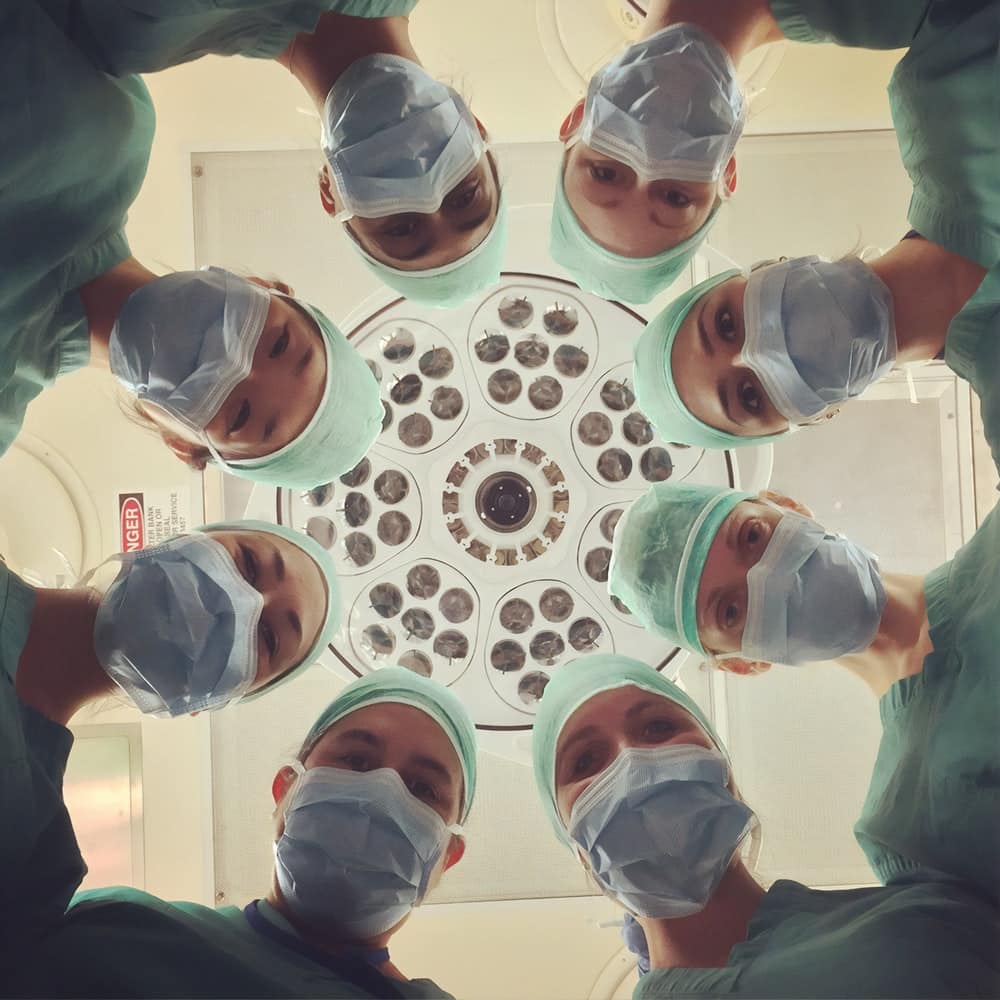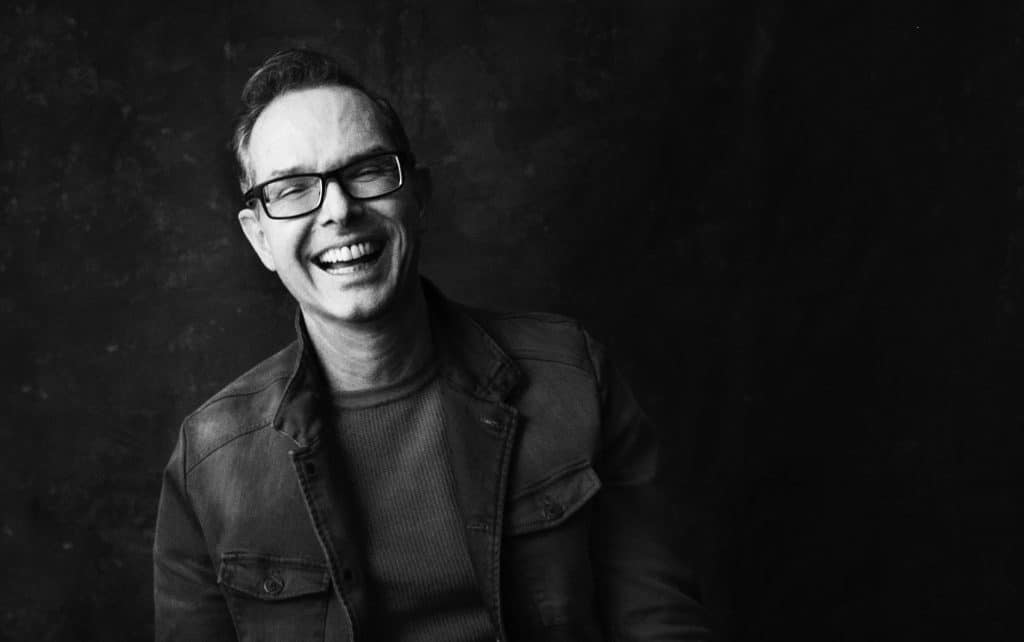
Many Reiki practitioners now are performing hands-on/off healing in hospitals and hospices all over the world. It is wonderful for practitioners, patients and families to experience the benefits of this element of hands-on/off healing. However, I often see that after a while of doing these sessions, practitioners start to show symptoms of burnout. These symptoms can range from feeling depleted, worried, or fearful, to physical symptoms like fatigue or headaches, just to name a few.
This mainly happens if the practitioner is feeling too empathic with a client. Empathy means that we sense and feel what the other person is experiencing; going beyond sympathy, we empathise with them. This can trigger empathy distress, where the practitioner becomes overwhelmed by what their client is going through. Often this overwhelming sensation will lead to burnout.
“Too many workers in medical settings suffer from empathy distress which leads to emotional exhaustion”
– Eve Ekman Post Doctoral Scholar at UCSF’s Osher Center for Integrative Medicine
The system of Reiki gives us a wonderful tool to combat practitioner burnout; it is one of the precepts.
Do not anger
Do not worry
Be grateful
Practice diligently
Show compassion to yourself and others
The precept/tool to help combat practitioner burnout is compassion.
Compassion is very different from empathy; with compassion, we want to alleviate the client’s suffering but with empathy, we are suffering along with them.
Compassion is where we want to see the client as whole again. This doesn’t necessarily mean cured but whole in their heart/mind, which in turn creates an internal happiness for our client. We cannot always cure physical issues; in fact “we” are not “curing” anything. However, we can facilitate within our client a wholesome state of mind/heart. And if they have a wholesome state of mind/heart, they will look at their physical issues from a very different perspective, thus making these issues easier to deal with. This wholesome compassionate state of mind/heart also will help the client and loved ones if the client is passing away. However if we empathise with our client and she is passing away we might start to go into empathy distress again.
Lack of empathy certainly doesn’t mean that we don’t care about our client or her family. But focusing on compassion rather than empathy means that we care about ourselves too, that we care about tending to the state of our own mind/heart. And the clearer, more open, more wholesome our state of mind/heart is, the more we can help to extend this to our client without becoming overwhelmed or burned out.
Compassion creates an expanded spacious heart/mind in which we can witness our clients’ suffering without suffering along with them. Instead we start to feel compassion filled with healthy, free flowing energy which can alleviate their suffering, helping it to dissolve into a wholesome state of mind/heart.
Modern science also shows that compassion is a great antidote to burnout. Research at the University of North Carolina showed that compassion softened depression and stimulated people’s moods. The same results were seen in research at Atlanta, Georgia’s Emory University, which also showed that practicing compassion reduced subjects’ stress levels. Neuroscientist Tania Singer’s research shows that compassion protects against empathy distress and enhances energy instead of encouraging burnout.
The more we care for the happiness of others, the greater our own sense of well-being becomes. Cultivating a close, warm-hearted feeling for others automatically puts the mind at ease. This helps remove whatever fears or insecurities we may have and gives us the strength to cope with any obstacles we encounter. – Dalai Lama
Therefore, to combat practitioner burnout, focus on compassion instead of empathy. This of course is not always that easy and this is why within the system of Reiki there are many tools to help us lay bare our innate compassion. Consistently using these tools – meditation practices and techniques, meditating on the precepts, meditating on the mantras and symbols, and practicing Reiju – will help us to build upon all that already is within us, expanding our heart/mind while still feeling grounded and calm. In this way, we can share the benefits of hands-on/off healing with people in hospitals and hospices without overwhelm and burnout, but instead with compassion and light.
Further reading:
A Force for Good – The Dalai Lama’s Vision for Our World by Daniel Goleman
Compassion and the Individual by the Dalai Lama
Ultimate Healing Starts In Our Heart/Mind
5 Essential Tips for Reiki in Hospitals
Based in Holland, Frans Stiene teaches in North America, Europe, UK, Australia and Asia.
Frans is also the author of Reiki Insights, it is the continuation of his previous book The Inner Heart of Reiki, taking your personal practice and understanding of the system of Reiki yet another step deeper.


Comments 1
For 7 years, I, along with many other Reiki Practioners worked with cardiac patients of hospitals around Sedona, AZ in a group teaching self care with Reiki at the center of it.
We stayed after the group time and had Reiki tables set up for all the medical staff to come, receive Reiki and be a Receiver of care.
Many came to Peace Place for the Reiki share as well as a weekly meditation time with a group from the community.
Reiki belongs in hospitals. Glad to see the opening of this notion. In 20 years of healing journey work, Reiki has saved my life. It is the gift from God, introduced to me by a Harvard Trained MD. Thank you, Jana! Have been working with, teaching dnd growing since then.